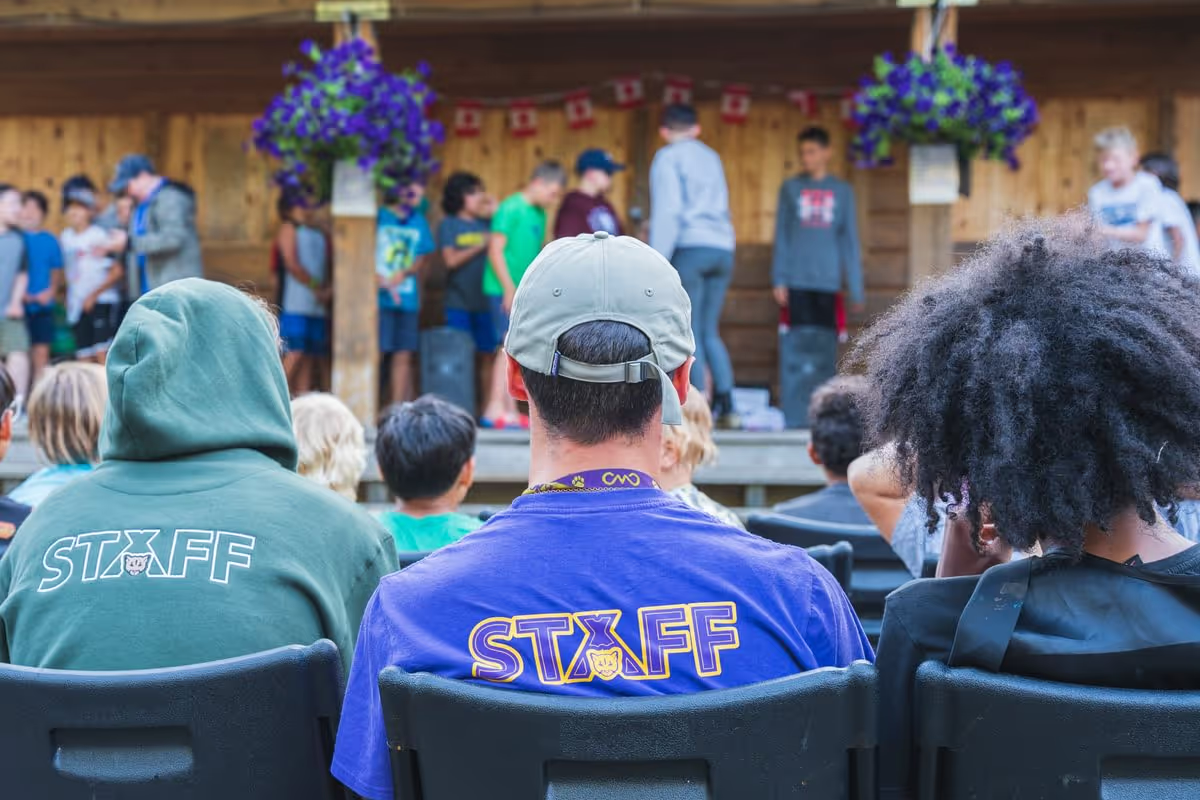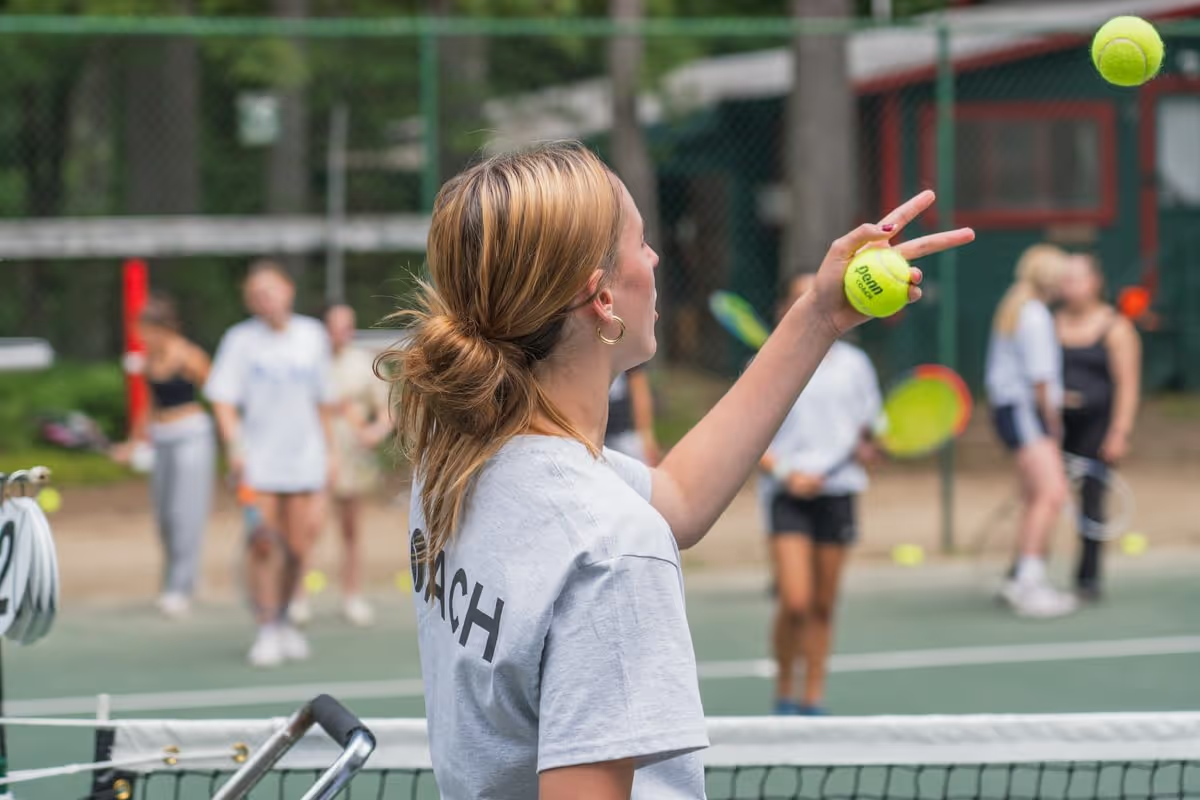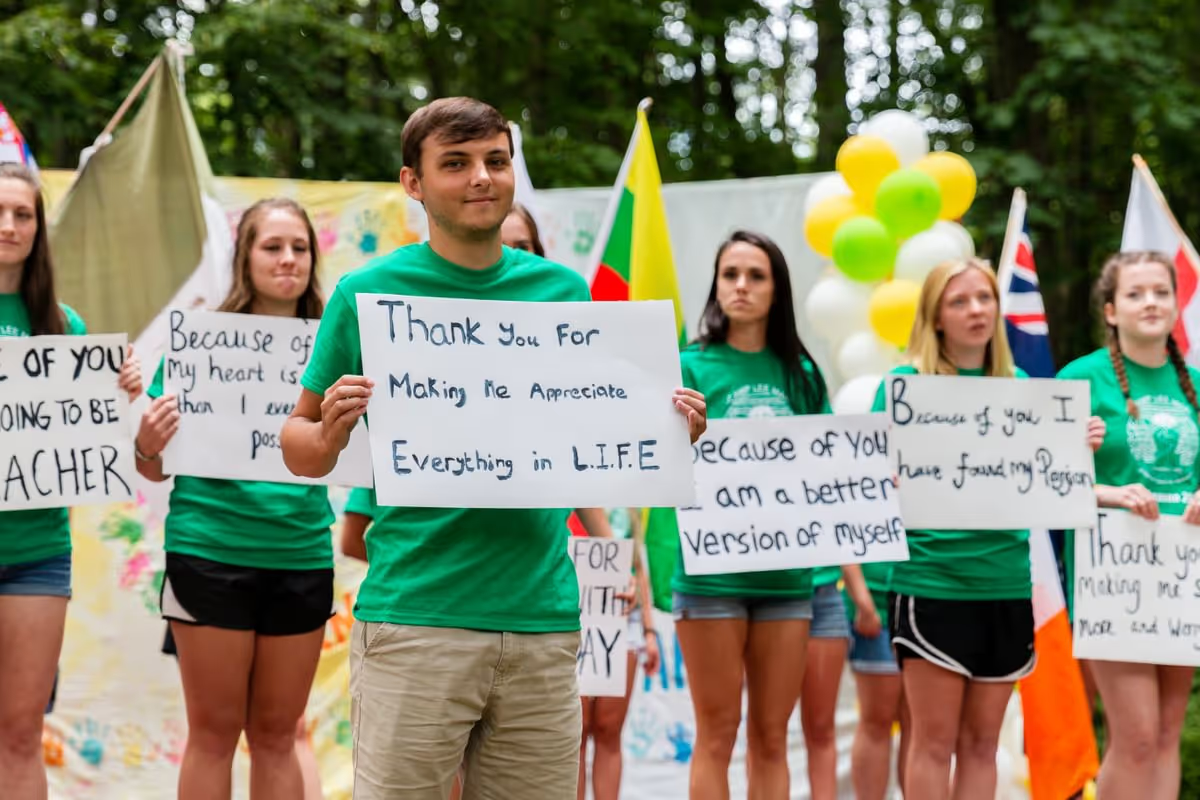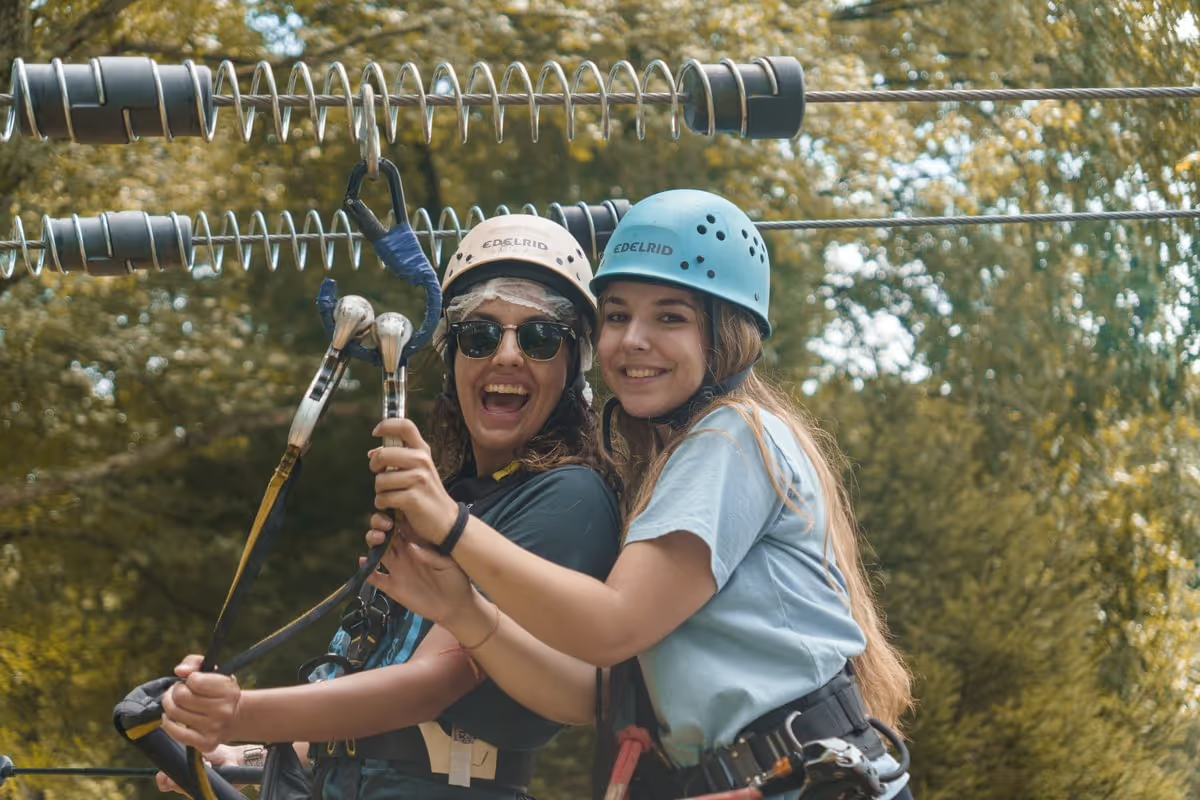There's a camp for everyone.
.jpg)
.webp)
.webp)



Traditional Camps
A traditional overnight summer camp in the United States is set in the outdoors, often by a lake or in the woods, with campers living in cabins alongside their counselors. Days are packed with activities like swimming, sports, arts and crafts, and hiking, while evenings bring campfires, songs, and games under the stars.

Specialist Camps
Specialist camps focus on a particular activity or interest, such as sports, performing arts, adventure, or technology. Campers get the chance to build their skills while still enjoying the fun, friendships, and traditions of summer camp.

Special Needs Camps
Special needs camps are designed to support children and young people with physical, developmental, or medical needs. They provide an inclusive, safe, and supportive environment where campers can enjoy activities, build confidence, and make friends.
.avif)
Faith Based Camps
Faith-based camps combine traditional camp activities with religious values and practices. Alongside sports, arts, and outdoor adventure, campers take part in services, discussions, and activities that strengthen their faith and community.

Underprivileged Camps
Camps for underprivileged children give young people the chance to experience summer camp who might not otherwise have the opportunity. They focus on building confidence, creating memories, and offering a supportive environment where every child can thrive.

Rustic & Outdoor Camps
Rustic and outdoor camps give campers a true back-to-nature experience. Set in remote locations, they focus on outdoor living, hiking, camping skills, and adventures in the wilderness. Campers learn resilience, teamwork, and a love for the natural world.
We work with over 600 camps in America.
Frequently asked questions
Yes. When you apply, you can share your preferences for the type of camp you’d like to work at, whether that’s a traditional camp, a specialist one, or something else. We’ll match you with a camp that fits your skills and interests, but being open to different types of camps gives you more opportunities.
Not always. Some roles (like coaching a sport or teaching music) may require a background in that activity, while others just need passion and enthusiasm. Camp Directors look for energy, friendliness, and the ability to work with kids as much as technical expertise.
Yes. Many faith-based camps welcome staff from all backgrounds. You don’t always need to share the same beliefs, but you should be respectful of the camp’s values and be open to working in an environment where faith is part of daily life.
Not always. Rustic camps usually limit technology to encourage campers to connect with nature and each other, but that doesn’t mean there’s no access at all. Staff may still have phones or internet available during time off, though it’s less common in daily camp life.
That’s common. Many people discover that working at a camp they hadn’t originally considered ends up being the best experience of their lives. Each camp type has its own strengths, and you’ll be supported throughout your placement.





























